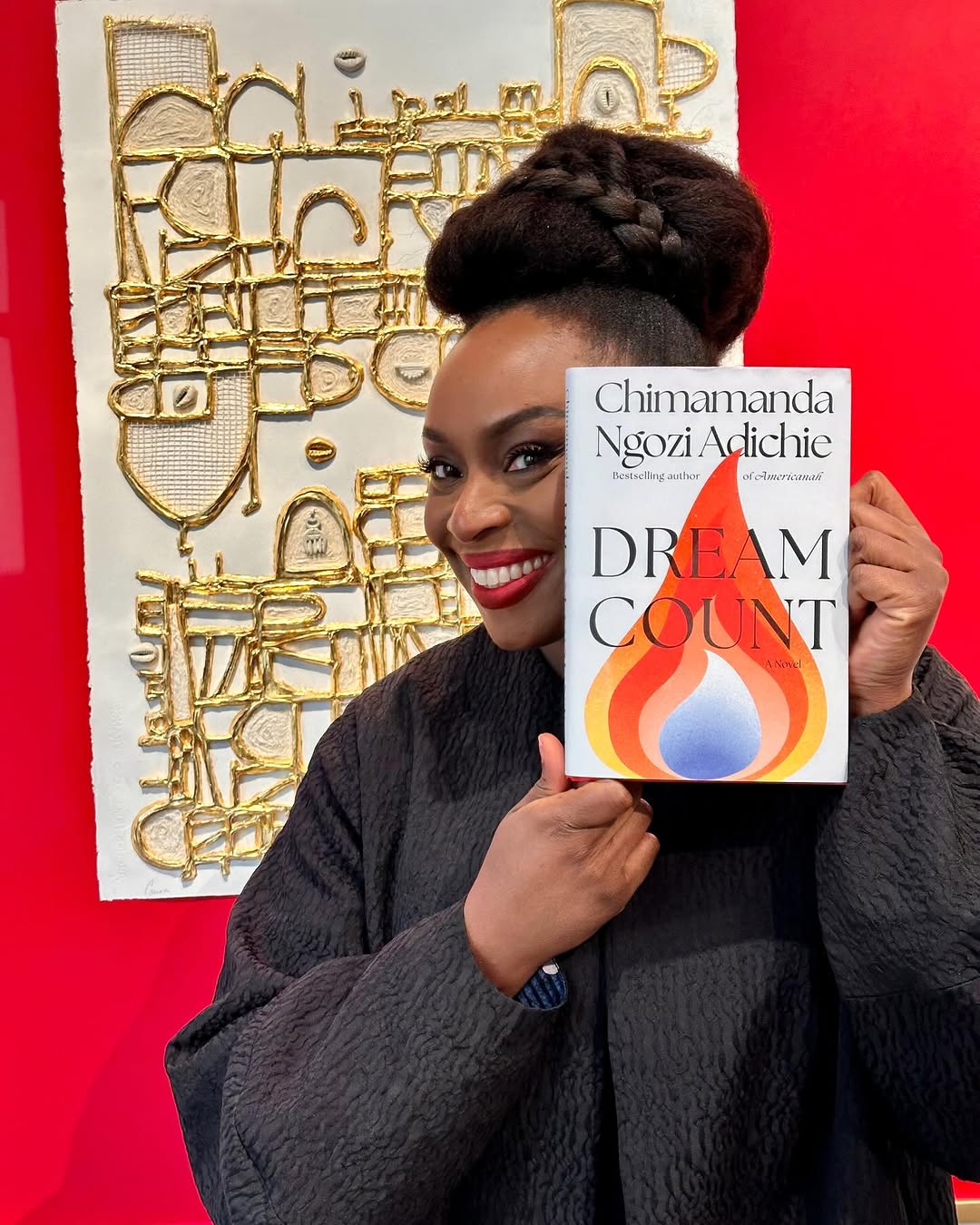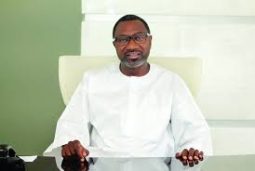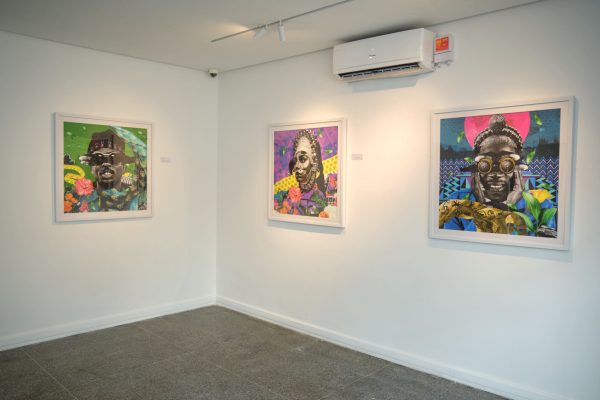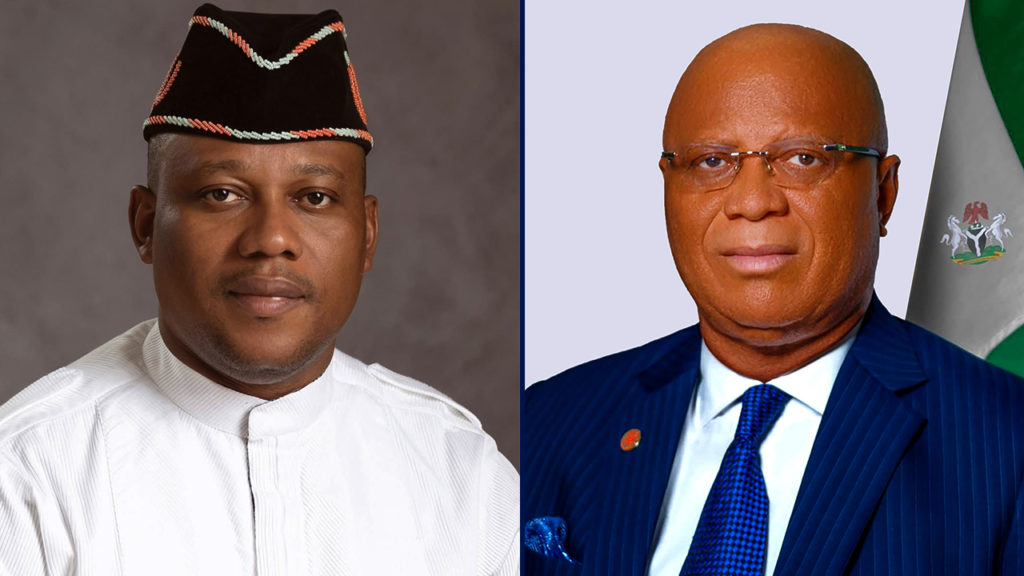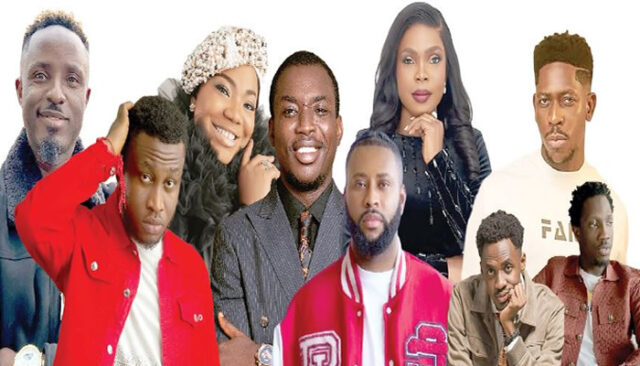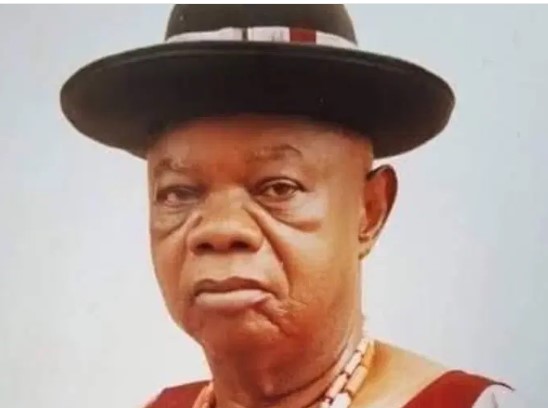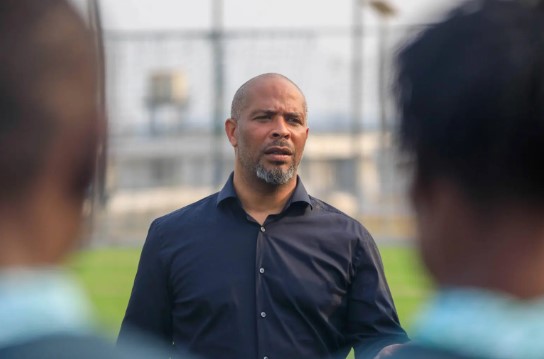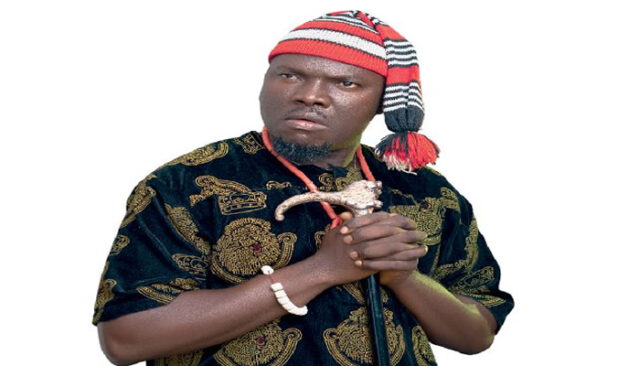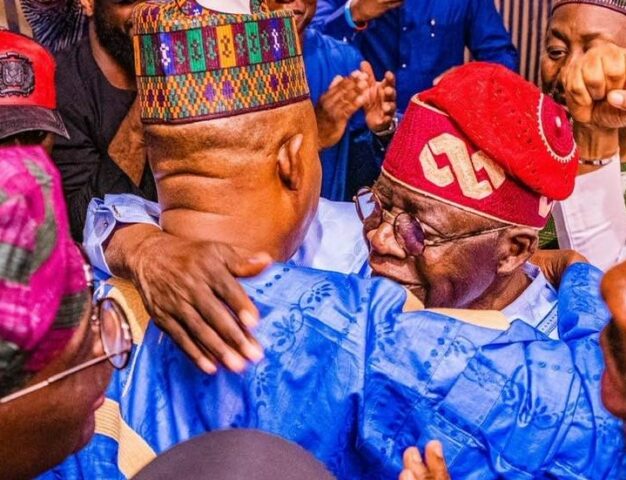Chimamanda Ngozi Adichie seeks to clarify her comments about trans women
Chimamanda Ngozi Adichie seeks to clarify her comments about trans women in a Channel 4 interview following an angry backlash.
Did you know? You can comment on this post! Just scroll down
In an interview with Channel 4 to promote her new book Dear Ijeawele, Or a Feminist Manifesto in Fifteen Suggestions, she said: “When people talk about, ‘Are trans women women?’ my feeling is that trans women are trans women.”
The author of Americanah clarified this remark and said the “impulse” to say “trans women are women just like women born female are women” came from the need to make trans issues mainstream in the hope of reducing oppression. But doing so felt “disingenuous”.
In the Interview; speaking on Male Priviledges; She said: “I think if you’ve lived in the world as a man with the privileges that the world accords to men and then sort of change, switch gender, it’s difficult for me to accept that then we can equate your experience with the experience of a woman who has lived from the beginning as a woman and who has not been accorded those privileges that men are.”
Speaking on she said “I don’t think it’s a good thing to talk about women’s issues being exactly the same as issues of trans women, because I don’t think that’s true,”

Chimamanda Ngozi Adichie
Chimamanda Ngozi Adichie’s clarification comments on trans women in full:
|
Because I have been the subject of much hostility for standing up for LGBTQ rights in Nigeria, I found myself being very defensive at being labelled ‘trans phobic.’ My first thought was – how could anyone think that? I didn’t like that version of myself. It felt like a white person saying ‘I’m not racist, I supported civil rights.’
Because the truth is that I do think one can be trans phobic while generally supporting LGBTQ rights. And so I want to put my defensiveness aside and clarify my thoughts. To make sure that I am fully understood. I said, in an interview, that trans women are trans women, that they are people who, having been born male, benefited from the privileges that the world affords men, and that we should not say that the experience of women born female is the same as the experience of trans women.
This upset many people, and I consider their concerns to be valid.
I realise that I occupy this strange position of being a ‘voice’ for gender rights and so there is an automatic import to my words.
I think the impulse to say that trans women are women just like women born female are women comes from a need to make trans issues mainstream. Because by making them mainstream, we might reduce the many oppressions they experience. But it feels disingenuous to me. The intent is a good one but the strategy feels untrue. Diversity does not have to mean division. Because we can oppose violence against trans women while also acknowledging differences. Because we should be able to acknowledge differences while also being supportive. Because we do not have to insist, in the name of being supportive, that everything is the same. Because we run the risk of reducing gender to a single, essentialist thing.
Perhaps I should have said trans women are trans women and cis women are cis women and all are women. Except that ‘cis’ is not an organic part of my vocabulary. And would probably not be understood by a majority of people. Because saying ‘trans’ and ‘cis’ acknowledges that there is a distinction between women born female and women who transition, without elevating one or the other, which was my point.
I have and will continue to stand up for the rights of transgender people. Not merely because of the violence they experience but because they are equal human beings deserving to be what they are. I see how my saying that we should not conflate the gender experiences of trans women with that of women born female could appear as if I was suggesting that one experience is more important than the other. Or that the experiences of trans women are less valid than those of women born female. I do not think so at all – I know that trans women can be vulnerable in ways that women born female are not. This, again, is a reason to not deny the differences. Why does this even matter? Because at issue is gender. Gender is a problem not because of how we look or how we identify or how we feel but because of how the world treats us. Girls are socialised in ways that are harmful to their sense of self – to reduce themselves, to cater to the egos of men, to think of their bodies as repositories of shame.
As adult women, many struggle to overcome, to unlearn, much of that social conditioning. A trans woman is a person born male and a person who, before transitioning, was treated as male by the world. Which means that they experienced the privileges that the world accords men. This does not dismiss the pain of gender confusion or the difficult complexities of how they felt living in bodies not their own. Because the truth about societal privilege is that it isn’t about how you feel. (Anti-racist white people still benefit from race privilege in the United States). It is about how the world treats you, about the subtle and not so subtle things that you internalise and absorb.
This is not to say that trans women did not undergo difficulties as boys. But they did not undergo those particular difficulties specific to being born female, and this matters because those experiences shape how adult women born female interact with the world. And because to be human is to be a complex amalgam of your experiences, it is disingenuous to say that their being born male has no effect on their experience of gender as trans women. Of course there are individual differences. But there are always individual differences.
We speak of ‘women’s issues’ knowing that while there are individual differences, the truth of human history is that women as a group have been treated as subordinate to men. And we speak of male privilege acknowledging that individual men differ but that men as a group are nevertheless accorded privileges by the world. I think of feminism as Feminisms. Race and class shape our experience of gender. Sexuality shapes our experience of gender. And so when I say that I think trans women are trans women, it is not to diminish or exclude trans women but to say that we cannot insist – no matter how good our intentions – that they are the same as women born female. Nor do I think that we need to insist that both are the same.
To acknowledge different experiences is to start to move towards more fluid – and therefore more honest and true to the real world – conceptions of gender.
|
Video Posted 8 Years ago. You can post your own videos and it will be published for free.
No Registration is required! But we review before publishing! Click here to get started




One Favour Please! Subscribe To Our YouTube Channel!
468k
Cook Amazing Nigerian Dishes, Follow Adorable Kitchen YouTube Channel!
1.1m
Like us on Facebook, Follow on Twitter
React and Comment
Click Here To Hide More Posts Like This
Watch and Download Free Mobile Movies, Read entertainment news and reports, Download music and Upload your own For FREE.
Submit Your Content to be published for you FREE! We thrive on user-submitted content!
But we moderate!




